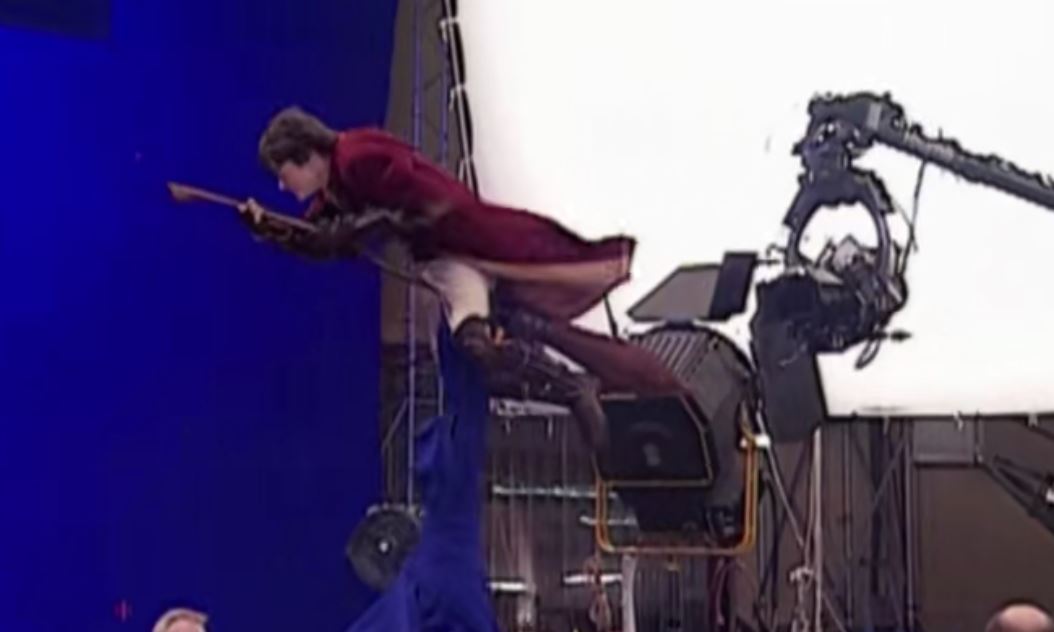movie
Harry Potter Quidditch Rules & Meaning

What is the meaning of Harry Potter Quidditch game and its rules?. Let’s learn more about the fictional sport.
Quidditch is a fictional sport created by J.K. Rowling for her Harry Potter fantasy series. It first appeared in Harry Potter and the Philosopher’s Stone, a novel by J.K. Rowling (1997). It is a risky yet popular sport in which witches and wizards ride broomsticks through the air.
The director of the 2001 film Harry Potter, Chris Columbus said the hardest scene to shoot was Quidditch.

Quidditch Harry Potter Pitch
Quidditch pitches were typically oval in design, measuring 500 feet long by 180 feet wide, with a small central circle measuring two feet in diameter from which all the balls were released at the start of the game. There were three hooped goal posts of various heights at either end, encircled by a scoring area.
However, Because Quidditch is an aerial activity, spectator seating at high vantage locations is common, whether in towers (like at Hogwarts) or on a fully encircling platform.
Harry Potter Quidditch Rules
The goal of the game was to outscore your opponents in terms of points. Goals were valued ten points each, and catching the Golden Snitch was worth 150 points. The game finished when either the Snitch was caught or the captains of both sides reached an agreement.

There are 8 rules in the Quidditch game.
- Players may soar as high as they like, but they must not wander over the pitch’s boundary lines. If any player leaves the border, the Quaffle must be handed to the other team (it is unknown what the penalty is if a player on defence leaves the pitch)
- The captain of a team can call “time out” at any time. If a game has already lasted more than twelve hours, the time out can be extended to two hours. The team will be disqualified if they do not return to the pitch after this period.
- The referee has the authority to award penalties to teams. By flying from the middle circle to the scoring area, a single Chaser can take the penalty. The keeper of the opposing team may try to prevent the shot from being scored, but all other players must not interfere (it is unknown if the Seeker may still attempt to catch the Snitch while a penalty is being attempted).
- Contact is permitted, however a player may not grip a player’s broomstick or any other part of their anatomy.
- Even if a player is too injured or weary to continue playing, no substitutions are allowed throughout the game. (Note: According to Goblet of Fire, the Quidditch World Cup ran for days at one point, and the players were switched out so they could get some sleep.)
- Players are allowed to bring their wands onto the field, but they must not be used on or against other players, their broomsticks, the referee, any of the four balls, or spectators.
- A game of Quidditch will only conclude when the Golden Snitch has been caught, or when both team Captains agree.
- Only the Keeper can stop the opposing team’s quaffle shots.
In 1849, the rules of Quidditch were amended to provide that if a member of the audience cast any spell on a player, the player’s team would instantly forfeit the match, regardless of whether the magic was authorized or permitted by the team.

The success of the Harry Potter films has been credited as having had a tremendous impact on the film business. They are involved in helping to reinvent the Hollywood blockbuster in the twenty-first century by ushering in a movement toward popular films being based on established media properties.










